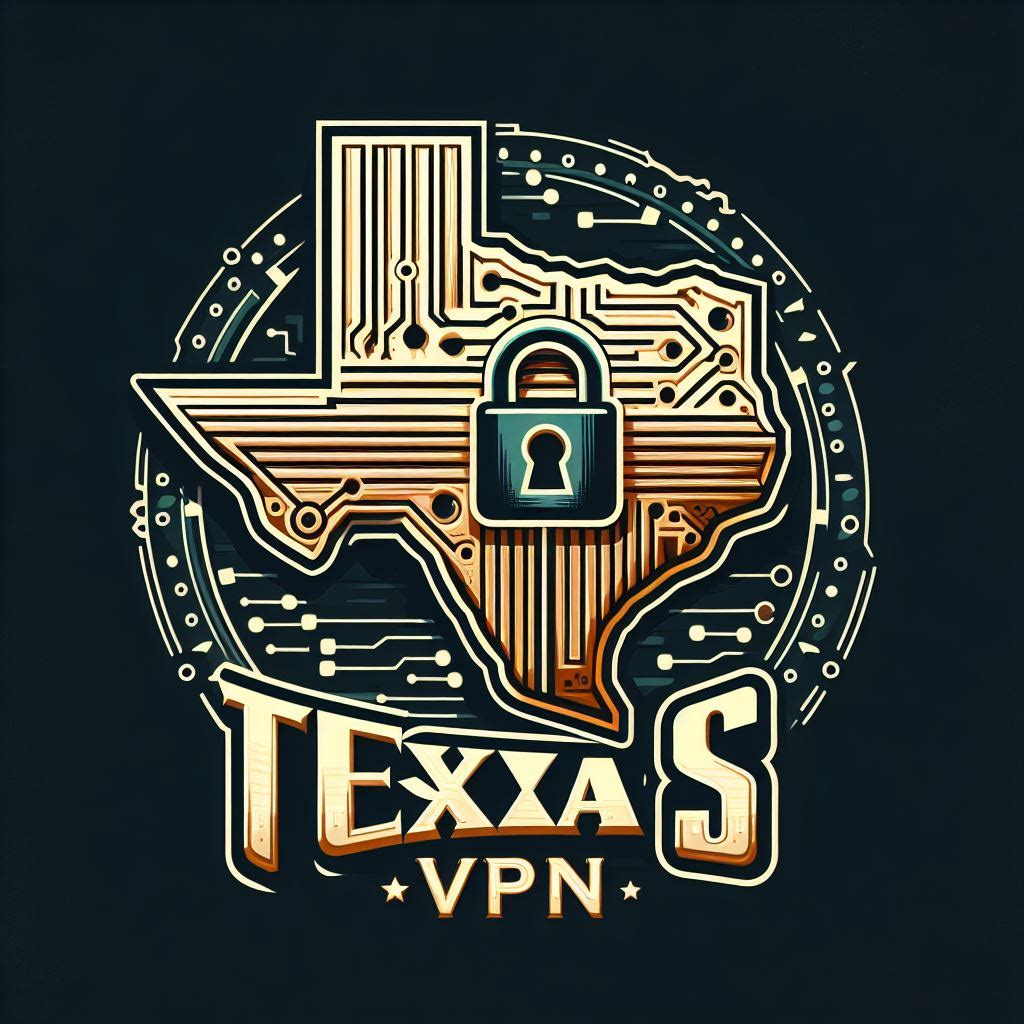In today’s digital age, privacy and security are paramount for internet users worldwide. With increasing concerns over data breaches, surveillance, and cyberattacks, safeguarding one’s online presence has become more crucial than ever. Enter Virtual Private Networks (VPNs), a technology that enhances privacy and security on the internet. This article demystifies VPNs, explaining how they work and why incorporating one into your digital life is essential.
What is a VPN?
A VPN is a service that creates a secure, encrypted connection over a less secure network, such as the internet. It serves as a tunnel for your data, protecting it from prying eyes, be they hackers, government agencies, or even internet service providers (ISPs). By routing your internet connection through a VPN server, your data is encrypted, and your IP address is masked, enhancing your online privacy and security.
How Does a VPN Work?
The core function of a VPN is to secure your internet connection and ensure your data is transmitted safely and privately. When you connect to a VPN, it establishes an encrypted tunnel between your device and a remote server operated by the VPN service. All your internet traffic is routed through this tunnel, meaning that anyone trying to intercept your data would only see encrypted information.
Furthermore, because your internet traffic appears to come from the VPN server, your actual IP address is hidden, making your online actions much harder to trace back to you. This process not only secures your data from external threats but also helps anonymize your online presence.
Why You Need a VPN
- Privacy Protection: With ISPs known to track and log browsing history, a VPN ensures that your online activities remain private. This is especially important in countries with stringent surveillance laws.
- Security on Public Wi-Fi: Public Wi-Fi networks, such as those in cafes, airports, and hotels, are notorious for their security vulnerabilities. Using a VPN encrypts your data, protecting you from potential threats like man-in-the-middle attacks.
- Bypassing Geo-restrictions: VPNs allow you to access content that may be restricted in your geographical location by connecting to servers in different countries. This is particularly useful for streaming services that offer varied content by region.
- Avoiding Censorship: In regions where internet access is heavily censored, VPNs provide a lifeline by allowing users to access a free and open internet, bypassing government restrictions.
- Safe Online Transactions: For those who frequently engage in online banking or shopping, VPNs offer an added layer of security, ensuring that financial transactions are safeguarded.
Choosing the Right VPN
Selecting a VPN service is a decision that should not be taken lightly. Consider the following factors:
- Privacy and Logging Policy: Opt for a VPN that has a strict no-logs policy, ensuring that your data isn’t tracked or stored.
- Security Features: Look for VPNs that offer strong encryption standards, a kill switch, and DNS leak protection.
- Server Locations: The more server locations a VPN has, the better the speed and reliability of the connection.
- Device Compatibility: Ensure the VPN supports all your devices and platforms.
- User-Friendliness: A user-friendly interface can make your VPN experience much smoother, especially if you’re a beginner.
Conclusion
In an era where digital privacy and security are under constant threat, VPNs stand out as essential tools for safeguarding online activity. By encrypting your internet connection and masking your IP address, VPNs protect your data from unauthorized access and enhance your online privacy. Whether you’re concerned about security on public Wi-Fi, want to bypass geo-restrictions, or simply wish to keep your browsing habits private, a VPN is an indispensable tool in your cybersecurity arsenal. As the digital landscape evolves, understanding and utilizing VPN technology is not just an option; it’s a necessity for all internet users.
